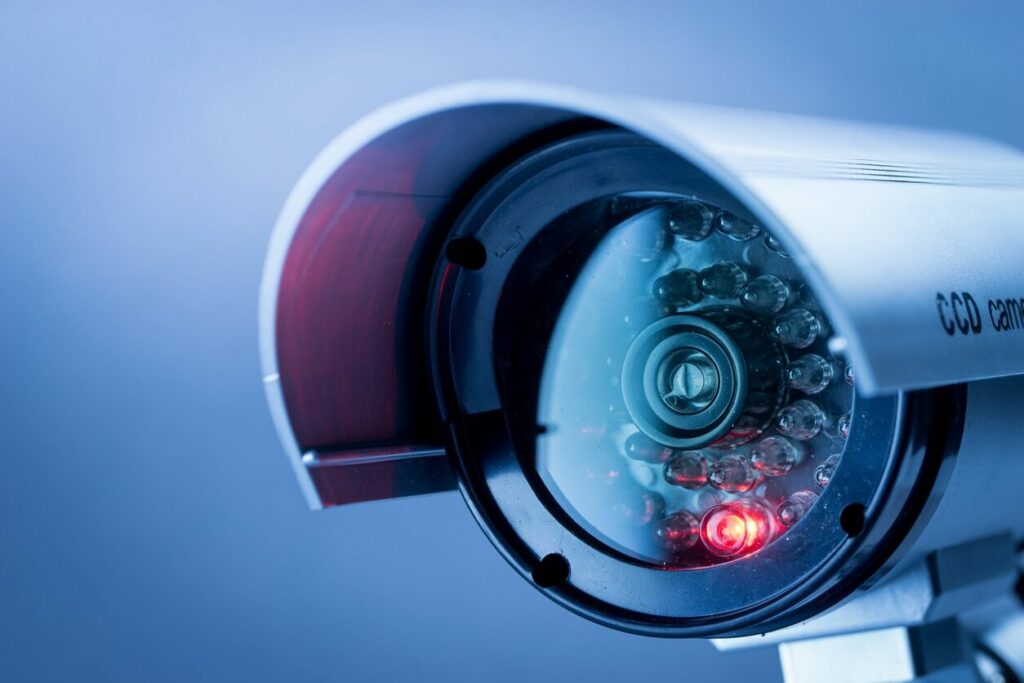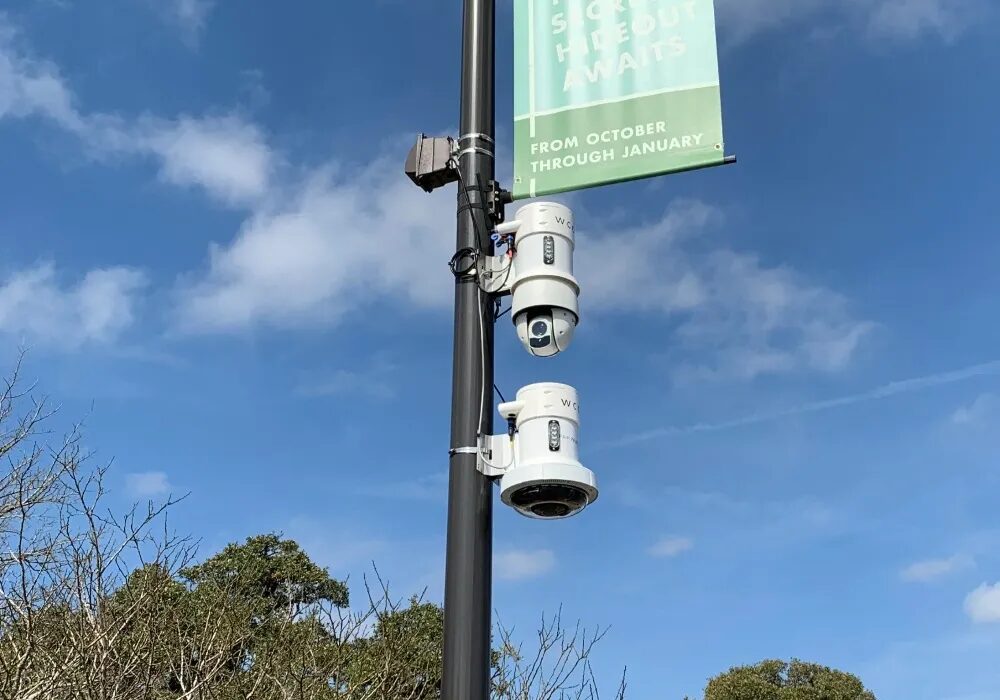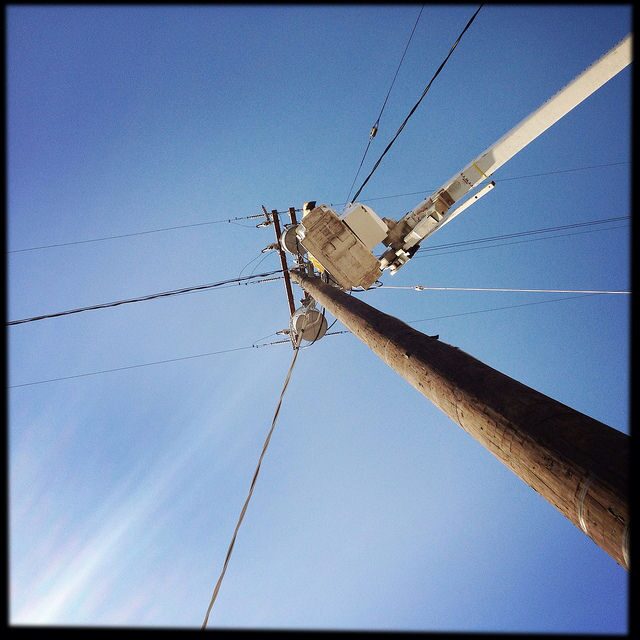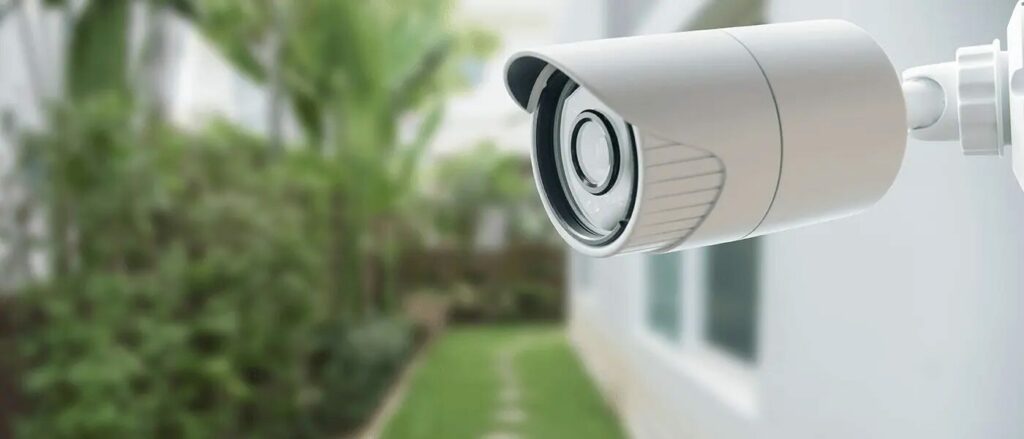If you’re planning to travel and capture memories, one question might cross your mind: Can you bring a camera on a plane?
The answer is yes. You can bring a camera on a plane, and it’s quite common for travelers to carry cameras in their hand luggage.
However, there are some rules and guidelines you should follow to ensure a smooth travel experience.
Yes, you can bring a camera on a plane, either in your carry-on or checked baggage. It’s recommended to keep valuable electronics, like cameras, in your carry-on for safety. Ensure your camera gear complies with security regulations, including battery and size limits
Planning to fly with your camera? Before packing, it’s important to know the rules for bringing electronics on board. Here’s a quick guide to ensure your camera equipment passes through security hassle-free. Know all about “Can You Bring Camera On A Plane”!
Can You Bring Your Camera in Your Carry-On?
Yes, you can bring a camera in your carry-on bag. Most airlines allow passengers to carry their cameras in the cabin, as cameras are considered valuable items.
It’s always a good idea to keep your camera with you instead of placing it in checked luggage because of the risk of damage or loss.
In your carry-on, you can easily access your camera and ensure it’s protected.
Some important things to keep in mind when packing your camera in your carry-on include:
- Protective Case: Use a padded camera bag or case to protect your equipment from bumps and knocks during the flight.
- Lens and Accessories: If you’re bringing additional lenses, memory cards, or other camera accessories, make sure to store them properly to avoid damage.
- Camera Battery: Airlines usually allow you to carry camera batteries, but they must be stored safely. It’s best to remove the batteries from the camera to avoid any potential issues.
How to pack a camera for a flight?

- Keep your camera in your carry-on for safety.
- Use a padded camera bag for extra protection.
- Remove the camera’s battery and pack it separately.
- Place lenses in protective cases to avoid damage.
- Follow airport security rules by removing the camera during scanning.
Are There Any Restrictions on Cameras?
While you can bring a camera on a plane, there are a few restrictions you should be aware of. Most of these restrictions are related to safety and security rules:
- Size of Camera Equipment: If you have a large camera or professional equipment, check with your airline to ensure it fits within their carry-on size limits. Some airlines may have restrictions on the size and weight of carry-on items.
- Battery Regulations: If your camera uses lithium-ion batteries, there may be limits on the number and size of batteries you can bring on board. Generally, small camera batteries are allowed in both carry-on and checked luggage, but larger batteries may have restrictions.
- X-Ray Machines: At security checkpoints, your camera and other electronic devices will need to pass through X-ray screening. These machines will not damage your camera, memory cards, or photos, but it’s recommended to keep film cameras and undeveloped film away from X-ray machines to avoid exposure.
Can You Use Your Camera on a Plane?
You might also wonder if you can use your camera while on the plane. The answer is yes, but with some limitations. Here’s what you need to know:
- During the Flight: You can use your camera during the flight to take pictures of the sky or your surroundings. However, be mindful of the cabin crew’s instructions. Cameras should not interfere with safety instructions or cabin service.
- Takeoff and Landing: Airlines typically ask passengers to switch off electronic devices during takeoff and landing, which includes cameras. Always follow the crew’s instructions and wait until it’s safe to use your camera.
- Respect Privacy: While it’s fine to use your camera on the plane, respect the privacy of other passengers and crew members. Avoid taking pictures of people without their permission.
Tips for Traveling with Your Camera:
Here are some useful tips to make traveling with your camera easier and stress-free:
- Backup Your Photos: Before your flight, back up your photos to a cloud service or external drive. This ensures that even if something happens to your camera, you won’t lose your pictures.
- Check Airport Security Rules: Different airports may have different rules, so it’s a good idea to check the security guidelines before traveling. For example, some countries might have stricter rules about carrying electronic devices in the cabin.
- Travel Light: If you don’t need all your camera gear, consider bringing just the essentials. A lightweight camera and one or two lenses can make traveling easier.
- Keep Camera Charged: Make sure your camera battery is fully charged before the flight, and carry extra batteries in your carry-on. Charging your camera may not always be possible on the plane, so it’s better to be prepared.
- Be Ready for Security Checks: Security might ask you to take your camera out of your bag for inspection. Having easy access to your camera will make the security process smoother.
What About Bringing a Drone?

While cameras are usually allowed on planes, drones are another story. You can bring a drone on a plane, but there are stricter rules regarding batteries. Most airlines have rules on the size of drone batteries you can bring. Additionally, you may not be allowed to use drones in certain countries, so it’s important to check the laws at your destination.
Can You Bring Camera Tripods and Gimbals?
Yes, you can bring camera tripods and gimbals on a plane. They are allowed in both carry-on and checked luggage.
However, check with your airline about size limits for carry-on items to ensure they fit in the overhead bin or under the seat because there may be restrictions based on size.
Small tripods can usually be brought on board without any issues, but larger, professional tripods may need to be checked in or may not be allowed due to space restrictions in the cabin.
Always check with your airline before bringing large camera equipment..
can i bring my camera on a plane?
Yes, you can bring a camera on a plane, either in your carry-on or checked luggage. It’s best to keep your camera in your carry-on for safety. Make sure to follow security rules, like removing it for scanning at the airport.
Can I put a camera in my carry-on?
Yes, you can bring your camera in a carry-on bag. It’s recommended to carry it there instead of in checked luggage to prevent any damage or loss during the flight.
Do cameras need to be removed for TSA?
Yes, cameras may need to be removed from your bag during TSA screening, especially larger devices like DSLRs, to be scanned separately.
TSA process. How do you travel with your camera?
Keep your camera in your carry-on bag. Be ready to remove it at the security checkpoint if TSA asks for a separate inspection.
Can you bring a camera with batteries on a plane?

Yes, you can bring a camera with batteries. Ensure spare lithium-ion batteries are packed safely in your carry-on, as they aren’t allowed in checked luggage.
Camera on planes?
Yes, you can bring a camera on a plane in either your carry-on or checked luggage, but carrying it in your carry-on is safer.
Are DSLR cameras allowed in carry-on bags?
Yes, DSLR cameras are allowed in carry-on bags. It’s advisable to carry them in your hand luggage to protect against damage.
What is the best way to carry your camera when traveling?
Carry your camera in a padded case within your carry-on bag. This protects it from damage and makes it easily accessible during your trip.
How do I keep my camera safe when traveling?
Use a padded camera bag, keep it in your carry-on, and ensure it’s securely packed. For added protection, consider travel insurance for your gear.
Can you bring a camera tripod on the plane?
Yes, small tripods are allowed in carry-ons, but large ones may need to go in checked luggage, depending on airline policies.
What is the safest way to take my DSLR and lenses in my checked luggage?
It’s safer to avoid checking your camera. If necessary, use a hard case with padding and make sure it’s well-secured in your luggage.
How can I carry around a camera safely wherever I go?
Use a strong camera strap and a padded bag. Keep the camera close to your body to avoid accidents or theft, especially in crowded places.
Can I take my digital camera through airport security?
Yes, you can take it through security. You may be asked to remove it for screening, so keep it easily accessible in your carry-on.
Are cameras allowed on planes?
Yes, cameras are allowed on planes. It’s better to carry them in your hand luggage to protect them from damage or loss.
Can digital cameras go through airport X-ray machines?
Yes, digital cameras can go through X-ray machines without harm. However, undeveloped film should not go through X-rays, as it may be damaged.
Can I carry my camera around my neck on a plane?
Yes, you can carry it around your neck, but it’s recommended to store it safely during takeoff and landing to avoid any movement.
Are DSLR cameras allowed in carry-on bags?
Yes, DSLR cameras are allowed in carry-on bags. It’s the safest option to prevent damage during transit.
Are DSLR cameras allowed in a carry-on bag on a domestic flight?
Yes, DSLR cameras are allowed in carry-on bags on domestic flights. Most airlines permit them without issue, as long as they fit within size limits.
Does anyone check-in their camera gear when flying?

Some do, but most travelers prefer keeping their camera gear in carry-ons to avoid potential damage or loss during baggage handling.
FAQS:
Can you bring a camera on a plane international?
Yes, you can bring a camera on an international flight. It’s recommended to carry it in your hand luggage to prevent damage during the flight.
Can we carry DSLR cameras in flight?
Yes, DSLR cameras are allowed on flights. It’s safer to carry them in your hand luggage rather than checking them in to avoid damage.
Can I bring camera batteries on a plane?
Yes, you can bring camera batteries on a plane. Lithium-ion batteries must be carried in your hand luggage, not in checked baggage.
Can you bring a camera on a plane checked baggage?
Yes, you can pack a camera in checked baggage, but it’s safer to keep it in your carry-on to avoid damage or loss.
Can I take a camera on a plane in hand luggage?
Yes, you can take a camera in your hand luggage. It’s the preferred option to keep your camera safe during your flight.
Conclusion:
In Conclusion Yes, bringing a camera on a plane is allowed and recommended in carry-on luggage for safety. Follow security rules, pack your gear properly, and ensure that your camera batteries are stored safely. Always check your airline’s specific regulations for large equipment



























